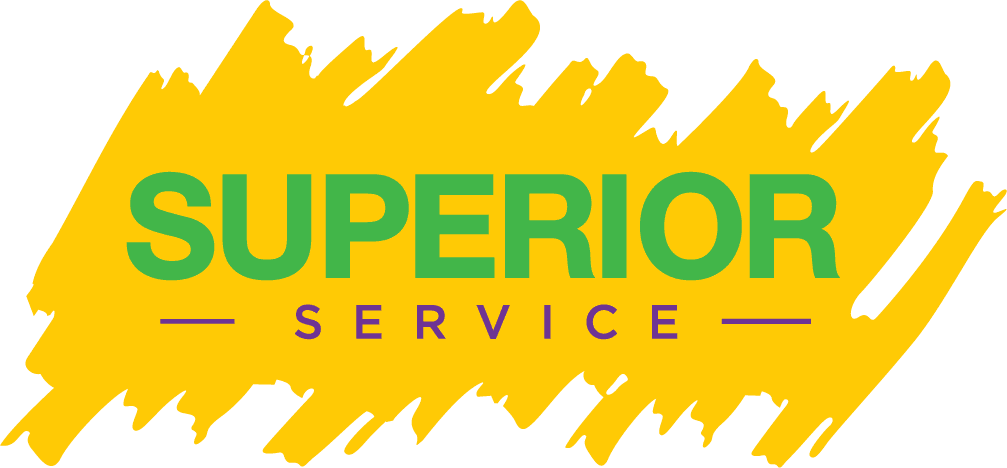DIY Drain cleaning: why it’s a bad idea
When a sink backs up or the shower drains slowly, it’s tempting to take matters into your own hands and clear the clog. After all, DIY solutions promise a quick fix, and who doesn’t love saving money? But before you grab the plunger or a bottle of drain cleaner, it’s important to consider the risks involved. DIY drain cleaning may seem easy, but it can often lead to bigger, costlier problems down the line. Here’s why you might want to leave this job to the professionals.
1. Chemical Drain Cleaners Can Damage Pipes
Chemical drain cleaners are widely advertised as a fast solution to clear blockages. However, most store-bought drain cleaners contain harsh chemicals like lye or sulfuric acid. These chemicals can eat away at your pipes over time, especially if you live in an older home with metal or PVC plumbing. Repeated use can cause corrosion, leaks, or even pipe bursts, turning a minor clog into an expensive repair job.
Why it’s a bad idea: Chemical drain cleaners might remove the clog, but they can also corrode your pipes, leading to costly repairs in the future.
2. DIY Tools Can Make the Problem Worse
Plungers, drain snakes, and other DIY tools can sometimes dislodge small clogs, but they don’t always get to the root of the problem. Improper use of a drain snake, for example, can push the clog deeper into the pipe, making it more difficult to remove. Worse still, using too much force can crack or puncture pipes, leading to leaks or flooding.
Why it’s a bad idea: Using the wrong tools or techniques can damage your plumbing, turning a simple fix into an emergency situation.

3. Risk of Personal Injury
Clearing a drain might seem like a safe task, but it’s not without risk. Chemical drain cleaners can splash back and cause burns or skin irritation. Mishandling drain snakes or augers can result in physical injury as well. Professionals are trained to handle these tools and chemicals safely, minimizing the risk of injury.
Why it’s a bad idea: Working with chemicals or improper tools can lead to personal harm, especially if you’re inexperienced.
4. You May Not Address the Underlying Problem
A clog might just be a symptom of a more significant plumbing issue. Tree roots infiltrating pipes, collapsed sewer lines, or grease buildup can all cause recurring blockages that DIY methods can’t fix. Professional plumbers have specialized equipment like cameras to inspect pipes and identify deeper issues. Without a proper diagnosis, you could end up treating the symptom but missing the root cause.
Why it’s a bad idea: Without the right tools and knowledge, you risk missing the real issue, which could lead to ongoing problems.
5. Temporary Fixes Can Lead to Bigger Problems
DIY drain cleaning often provides only temporary relief. You might clear a clog partially or push it further down the line, but it will likely return. This can create a vicious cycle where you rely on DIY methods more frequently, causing more wear and tear on your pipes.
Why it’s a bad idea: Temporary fixes might seem convenient, but they can lead to more significant, costly repairs down the road.
When to Call a Professional
If your drain is slow or clogged, it’s tempting to take a DIY approach. But in most cases, it’s best to call a licensed plumber. They have the experience, tools, and knowledge to address the issue safely and effectively. By hiring a professional, you’re ensuring the problem is dealt with properly, preventing further damage and potential hazards to your home and health.
Schedule a drain cleaning service call
DIY drain cleaning may seem like a simple, cost-effective solution, but it often does more harm than good. From damaging your pipes to risking injury, the potential downsides far outweigh the short-term benefits. Save yourself the stress and long-term costs by calling a professional when your drain is clogged. Your pipes—and your wallet—will thank you.
Fill out the form below or call
"*" indicates required fields





